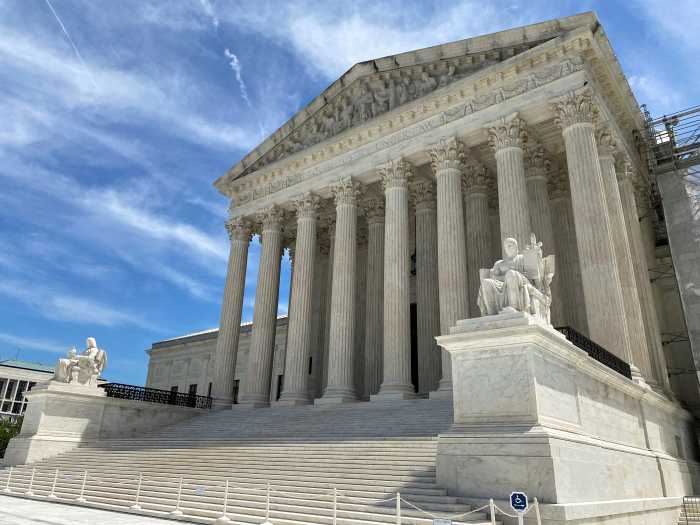An advisory committee of the US Food and Drug Administration (FDA) recommended that the regulatory agency approve the use of Truvada, an anti-HIV drug, for HIV-negative people in certain risk groups to prevent them from becoming infected with the AIDS virus.
On May 10, the 22-member Antiviral Drugs Advisory Committee voted 19 to three to approve the use of Truvada for gay and bisexual men. The drug was recommended for any HIV-negative person who has a partner who is positive in a 19 to two vote, with one abstention. The committee was less enthusiastic about recommending that Truvada be used for others who may acquire HIV through sex. Twelve members supported that, eight opposed it, and two abstained.
While pre-exposure prophylaxis (PrEP), as this use of Truvada is called, has support from leading AIDS groups, including the Gay Men’s Health Crisis (GMHC) and Project Inform in San Francisco, it remains controversial as it proposes to give a powerful drug with serious side effects to otherwise healthy people.
“This new drug indication is the baseline, or building block, for a new type of biomedical HIV prevention,” said Marjorie Hill, GMHC’s chief executive officer, said in a May 11 statement. “While we do not have all the necessary information about how the public will respond and potentially utilize this medication for prevention, our constituents, clients, family, and loved ones deserve complete support to advance HIV prevention.”
AIDS groups see PrEP as a welcome addition to their limited arsenal of HIV prevention tools and hope it will reduce new HIV infections among gay and bisexual men, which have remained stubbornly high and unchanging for years.
Truvada, marketed by the pharmaceutical company Gilead Sciences, is a combination of two anti-HIV drugs, emtricitabine and tenofovir. Tenofovir is known to cause damage to kidneys and can lead to a loss of bone density, which creates the risk of fractures. Other Truvada side effects can include weight loss, nausea, vomiting, and dizziness.
The rationale for PrEP is based on three large studies. A study of 2,499 uninfected gay and bisexual men and transgender women in six nations found that the risk of becoming infected was cut by 42 percent among participants.
A study of uninfected heterosexual men and women and another of sero-discordant couples, where one partner is positive, found the infection risk was cut by 62 percent to 75 percent. The committee was apparently not convinced that this better data, compared to that for gay men and transgender women, warranted a more general application of PrEP.
“Basically it’s a Tuskegee experiment for gay men,” said Michael Weinstein, president of the AIDS Healthcare Foundation, who opposes PrEP.
For four decades beginning in 1932, the US Public Health Service let some 400 African-American men with syphilis in Tuskegee, Alabama, go untreated to observe the disease course in them.
“I think it’s going to be catastrophic for HIV prevention efforts in this country and particularly among gay men,” Weinstein said. “I think that it’s the easy way out; it’s telling people that there is a magic pill.”
Some PrEP opponents have raised concerns that the Truvada regimen could erode adherence to condom use, the most effective prevention measure.
“I don’t question the efficacy of PrEP on an individual basis, but I’m not confident it will work on a population basis,” Sean Strub, a longtime AIDS activist and the founder of POZ magazine, wrote in an email. “I am concerned that the focus on PrEP will harm behavioral-based prevention efforts.”
A major issue for PrEP is whether those taking the drug will be able to follow the regimen given the side effects.
After the study of gay men and transgender women ended, the FDA measured the “plasma and intracellular emtricitabine and tenofovir concentrations” and found that “less than half of the subjects” taking the drug had “measurable drug levels,” the FDA wrote in a guidance.
An analysis of those who became infected during the study produced an estimate that only 10 percent of participants had “intracellular drug concentrations consistent with daily dosing” requirements of PrEP. Such “poor adherence,” as the FDA called it, could render PrEP ineffective.
“The public health benefit of Truvada for a PrEP indication can only be achieved with access to Truvada and strict adherence with the recommended dosage regimen,” the FDA wrote. “These are the two key factors to achieve efficacy for Truvada for a PrEP indication.”


































